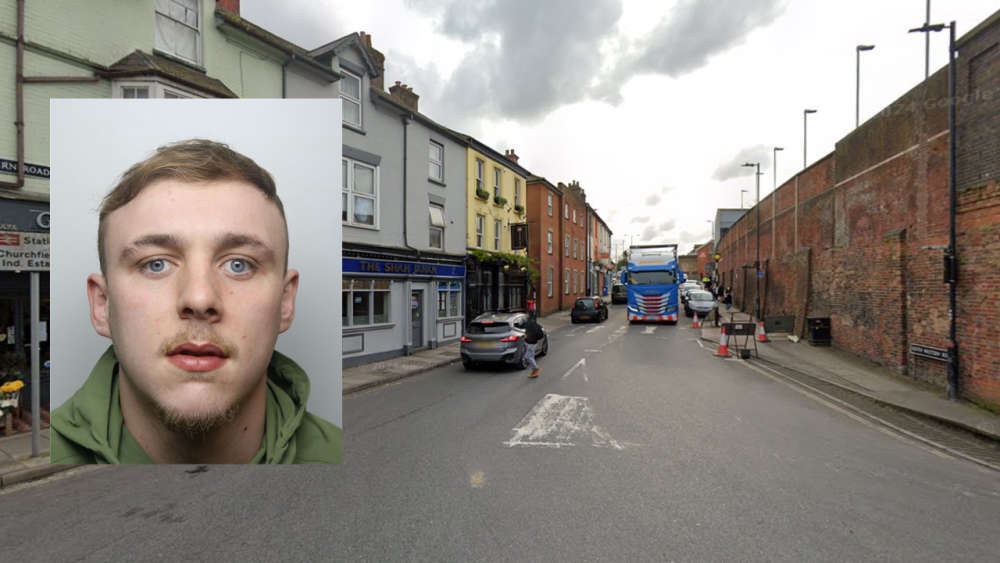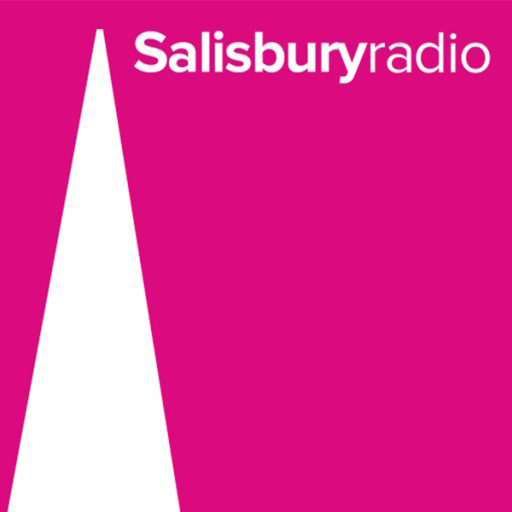From archaeological digs and using flint tools to building prehistoric structures and learning how to survive outdoors, Historic England is pioneering a programme where young people step into inspiring historic places to benefit their physical and mental well-being and help change the course of their lives.
Historic England’s Rejuvenate pilot programme is the first of its kind to test the ability of archaeology and heritage activities to promote the wellbeing of young people who are facing challenges, including engaging in school and reduced attendance.
Through two different projects, groups of young people are learning from the archaeologists and environmental specialists who are guiding them through special activities as well as learning how to bond with and relate to others.
In Wiltshire, Wessex Archaeology is running the 12-week Rejuvenate project at Langford Lakes and Coombe Bissett Down Nature Reserves, both sites managed by Wiltshire Wildlife Trust.
Taking inspiration from prehistoric Britain, young people are exploring the idea of settlements and community – from working with environmental archaeologists foraging in the landscape for prehistoric materials to making natural dyes and inks to learning how to build structures, and fires and survive outdoors.
They are also taking part in an archaeological dig - mapping and sketching the landscape, preparing and digging ‘test pits’, cleaning and recording finds and exploring what this reveals about the landscape and how people lived thousands of years ago. Artist Emma Kerr has also led creative activities like drawing with ink made from foraged alder cones, creating sensory sketchbooks inspired by nature walks, painting faces with paint made from chalk, charcoal and clay, and working on mapping celebrating their settlement.
A second eight-week pilot project has also recently begun (10 May) and is being run by the non-profit organisation, Isle Heritage Community Interest Company (CIC) in Kent. It engages children who are being supported by the Kent Youth Justice Team. This project, which aims to build their confidence and self-esteem, think positively and engage with society, involves archaeological excavation, delving into wartime tunnels and exploring the natural and built environment of sites in East Kent including Tankerton Slopes and the White Cliffs of Dover.
The ‘Operation Nightingale’ programme in the South West which has been running since 2019, where archaeology is used as a tool to help injured service personnel, has been a driver for Historic England in piloting Rejuvenate. The aim is to see if a similar approach could have a positive impact on students’ wellbeing, and improve school attendance and engagement in the classroom.
Duncan Wilson, Chief Executive of Historic England said: “This project is all about taking inspiration from history - and prehistory - to learn new skills, get active and build friendships focused on a common task away from the classroom. We know this can have a powerful impact on young people and ultimately we hope this pioneering project will empower them to realise their full potential.”
Leigh Chalmers, Wessex Archaeology’s Heritage Inclusion Manager said: “We know the positive impact spending time outdoors can have on our mood and sense of wellbeing. This heritage and landscape-inspired project is all about exploring the potential of archaeology to have a positive impact on young people’s sense of self, well-being and confidence. Working with our partners including Wiltshire Wildlife Trust, we are creating moments of reflection, connection and creativity through sharing new experiences and trying new skills.”
Andrew Richardson, Director, of Isle Heritage CIC, said: “This project is about using the Kentish landscape and the sites and stories that it contains, to change children’s lives for the better. It is about opening their eyes to the history that surrounds them and giving them a deeper sense of the past on their doorstep. We also want to help them better understand their place in that landscape – to see that this is their story, and their place as much as anyone else’s.”
Lena Rose, Safeguarding and Welfare Officer, St Joseph’s Catholic School, Salisbury said: “It’s been so positive to see how our young people are growing in confidence as they try out new experiences and discover more about what they can achieve. The calming impact of being outdoors and having the time and space to focus and reflect gives them the chance to concentrate on the activities they are participating in. There’s genuine excitement about being part of the Project Rejuvenate sessions in an environment where they can really be themselves without any pressure. We’re starting to see benefits in the classroom too with an increase in focus, and attendance and it’s so rewarding to see the young people sharing their experience with each other and their peers.”
Sarah Tribe, Youth Education and Wellbeing (YEW) Team Leader, Wiltshire Wildlife Trust said: “This has been an exciting opportunity to work with Historic England and Wessex Archaeology to explore the crossover between traditional bushcraft skills, nature and our heritage. It has expanded our thinking about the importance of connecting young people with nature and has given us new ideas about how a sense of history and belonging to a place can also bring huge benefits for wellbeing.”
The Historic England Foundation, a charity that helps Historic England to champion and protect the historic environment has funded the pilot project with thanks to donations from the Swire Charitable Trust, Edward Vinson 1957 Charitable Trust, Rockthorn and other supporters. Historic England funded the initial feasibility study and Historic England and Wessex Archaeology funded the early development stages of this project.

 Child suffers life-threatening injuries in collision on A303
Child suffers life-threatening injuries in collision on A303
 Mum to join Stars Appeal’s Walk for Wards in support of Neonatal Unit that cared for her daughter
Mum to join Stars Appeal’s Walk for Wards in support of Neonatal Unit that cared for her daughter
 Salisbury battle past Tonbridge Angels at the Ray Mac
Salisbury battle past Tonbridge Angels at the Ray Mac
 Emergency Services stood down after substance scare in Durrington
Emergency Services stood down after substance scare in Durrington
 Emergency Services close road in Durrington for incident
Emergency Services close road in Durrington for incident
 Police hunt man after collision injures two people in Salisbury
Police hunt man after collision injures two people in Salisbury
 Sarah Gregson joins Wiltshire Creative as Take Part Director
Sarah Gregson joins Wiltshire Creative as Take Part Director
 Salisbury's relegation battle continues at the Ray Mac against Tonbridge Angels
Salisbury's relegation battle continues at the Ray Mac against Tonbridge Angels









